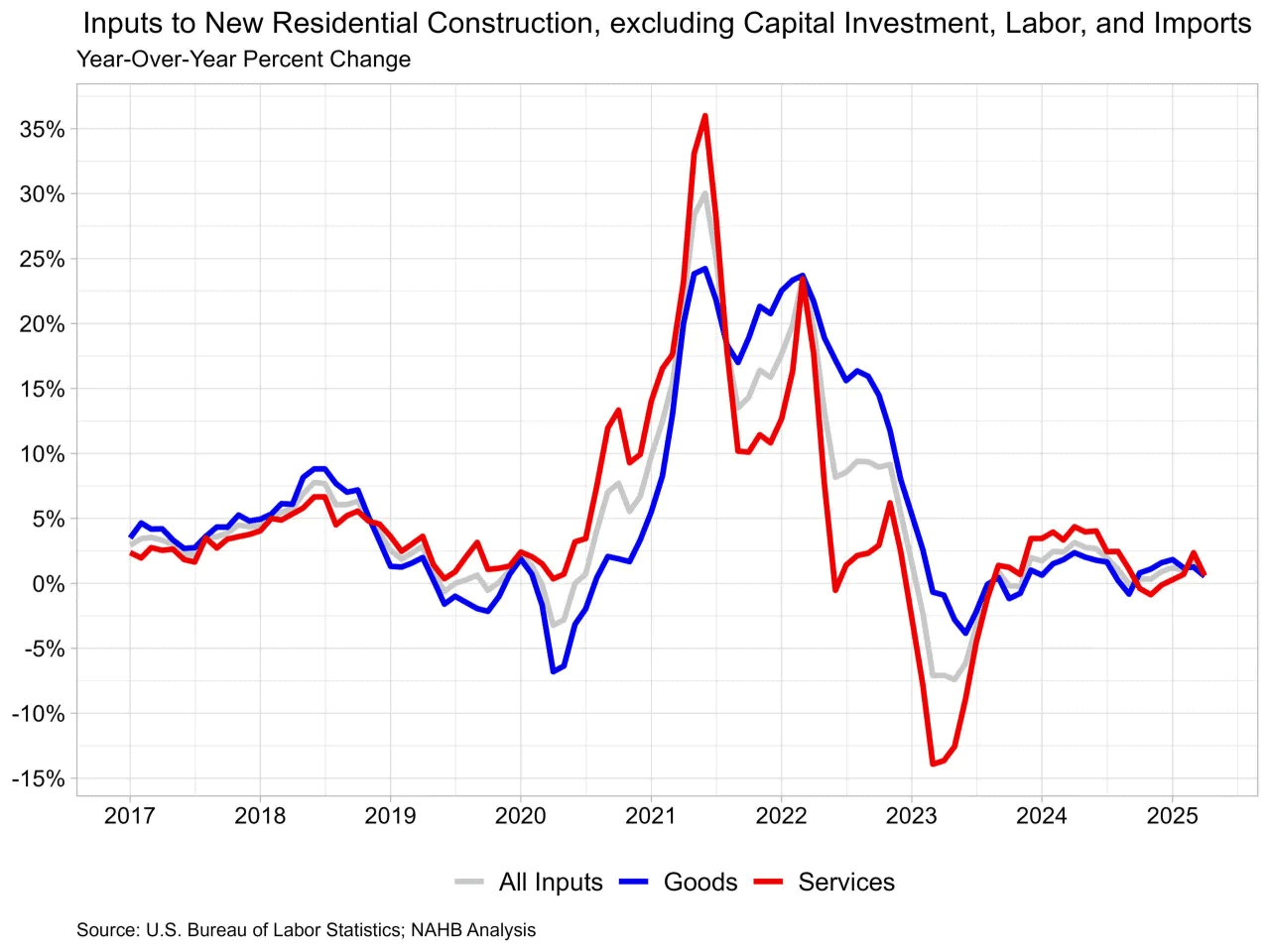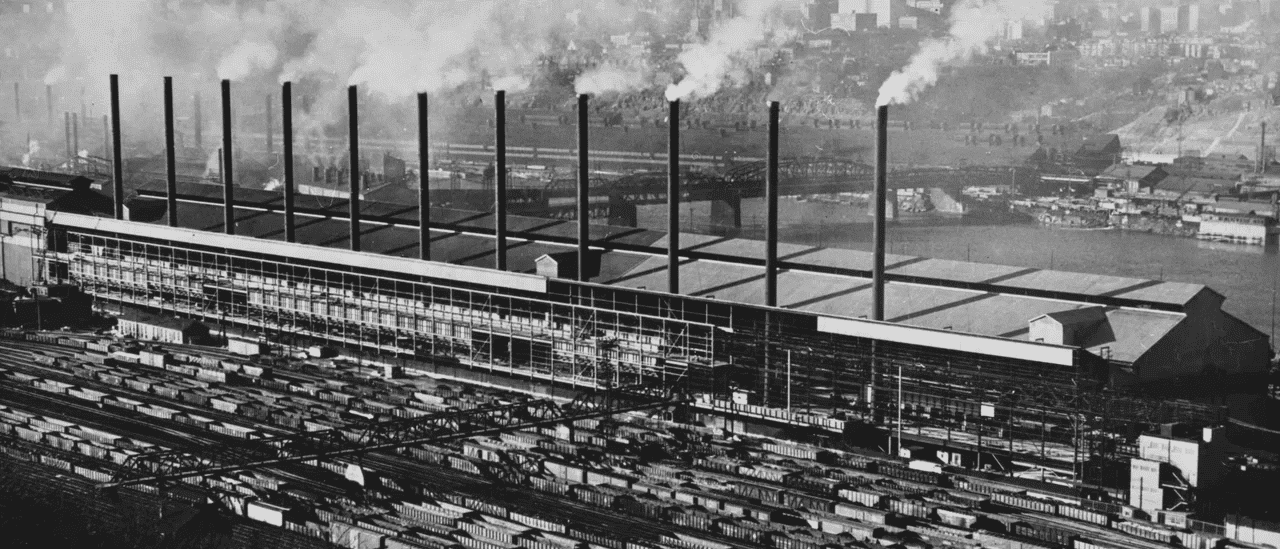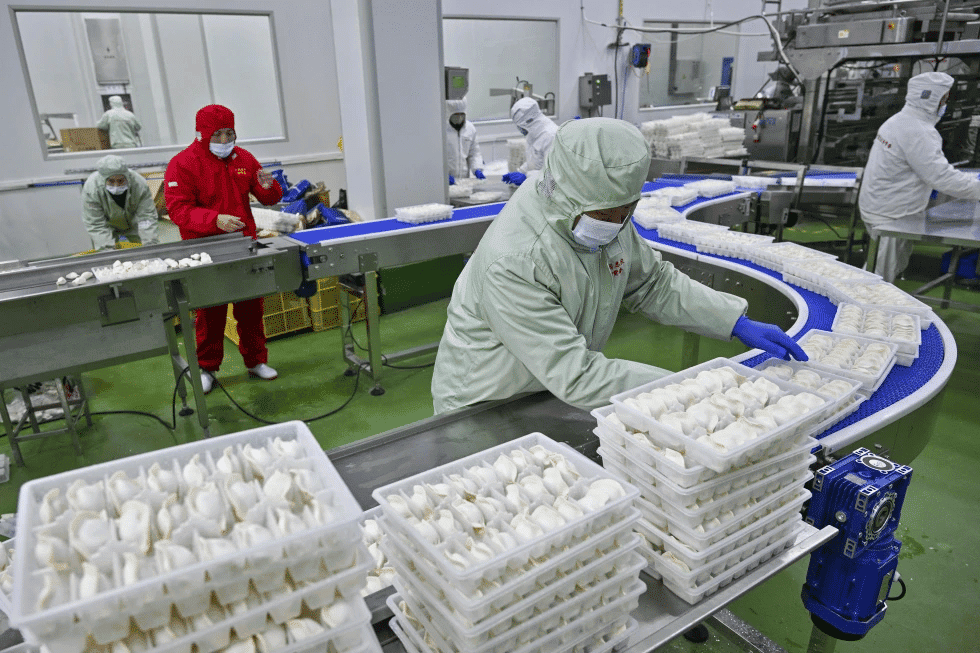
Many companies don’t have the equipment, facilities, or expertise to produce their own products. Instead, they use contract manufacturers. Contract manufacturing can save money and eliminate the stress of maintenance, faulty equipment, and costly repairs.
When choosing a contract manufacturer, it is important to consider their industry experience and reliability. Here are some tips for finding the right one:
Types of Contract Manufacturers
There are a number of types of contract manufacturers. They vary in the services they offer and how much control they give their clients. Some are specialized in particular industries and can offer more expertise in these areas. Others are end-to-end producers that can provide design, prototyping, engineering and manufacturing. Using these companies can help businesses to develop a product from conception to the store shelf.
Contract manufacturers can also help companies deal with seasonal or volatile demand. They can ramp up production to meet peak demands and then slow or halt production during the slower times. This can be more feasible than paying staff and maintaining equipment in-house during slow periods.
Another way that contract manufacturers can support a company is by producing components. They can then deliver these parts to the client for assembly into a final product or package. This arrangement is ideal for companies that do not have the capital or resources to invest in an entire factory.
It can also be beneficial to use contract manufacturers to produce prototypes before going into full production. This can allow a company to test the product in real world conditions before making a significant financial commitment. It can also help to avoid costly mistakes and rework. Companies can also save money by utilizing the economies of scale that contract manufacturers can offer.
Reliability
The company that hires a contract manufacturer must study the product specifications and find a process that adheres to them while also generating a profit. They may do this through optimizing production, lowering costs, improving quality, or finding alternative means that yield desired results in terms of cost and quality.
The manufacturing process has many steps, and each step has its own challenges. From acquiring the raw materials needed to producing the finished product, there are many opportunities for failure. These problems can include equipment malfunctions, supply chain disruptions, labor issues, and even the weather. If you don’t take the time to select a reliable contractor, you could suffer from a number of problems that can have serious financial consequences for your business.
Some industries rely heavily on contract manufacturers. For example, aeronautics often uses contract manufacturers to produce specialty parts for their products. This is because it doesn’t make sense for them to create these components in-house.
Contract manufacturers are experts in the manufacturing process and can help you save money by avoiding common mistakes. They can also improve your production rates and provide you with higher profit margins. This is especially true if you can work with a contract manufacturer that has a proven track record in your industry. Additionally, they can help you create innovative prototypes and design groundbreaking new products.
Legality
A contract manufacturer is a company that specializes in manufacturing components or final products on behalf of another business. This business model is useful for companies that want to expand their manufacturing capacity without investing in a new facility or hiring additional employees. It is also a way to save money on production costs and increase profit margins.
While contract manufacturing has many benefits, it is not without its risks. For example, it is possible for a contract manufacturing company to produce low-quality goods for its clients. This can be due to miscommunication, disagreements over a product’s design or insufficient quality control measures. It is important to establish clear guidelines before hiring a contract manufacturer.
The risk of losing intellectual property is also a concern. It is easy for a contract manufacturer to steal a company’s formulas or technologies, especially in an age of increasing electronic theft. This is why it’s important to have a contract that clearly defines the ownership of intellectual property and patents.
Another risk is the potential for a contract manufacturer to develop goods that are competitive with those that the hiring company offers on the market. This could lead to a conflict of interest and is especially hazardous if the hiring firm’s brand is built on high product quality. To avoid this, the hiring company should require that the contract manufacturer sign a non-disclosure agreement before sharing any confidential information.
Ethics
A contract manufacturer will usually charge on a cost-plus basis. This means they’ll estimate what it will cost them in terms of labour and materials and then add on their profit margin. For a company to be a good contract manufacturer, they must be transparent about these costs and provide valuable technical advice that will ultimately benefit the client’s product.
Contract manufacturers also offer a faster production turnaround, which will make your business more efficient in the long run. The time you spend on things like finding vendors, operating machinery and organising couriers will be saved by having these services outsourced to the experts.
Choosing the right contract manufacturing company is a big deal and shouldn’t be taken lightly. There are a number of different elements that can cause problems, including cultural differences and language barriers. Choosing a reliable contract manufacturer will save you from a lot of frustration in the future.
Contracting a manufacturing company allows you to focus your in-house team on other important tasks that will grow your business. For example, you’ll be free to concentrate on your marketing and sales strategies. Contract manufacturing is a very worthwhile investment that will allow you to achieve your business goals without the burden of worrying about the technical details. This can save you from being blindsided by unexpected repair expenses, production delays and other costly mishaps that can occur when producing products in-house.






























